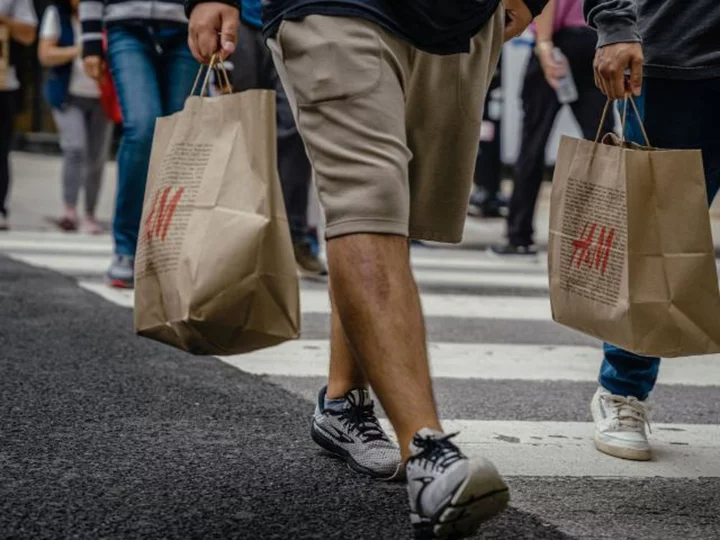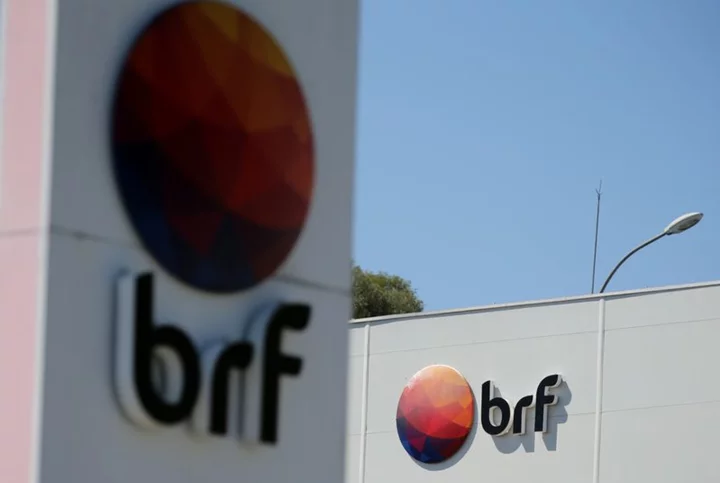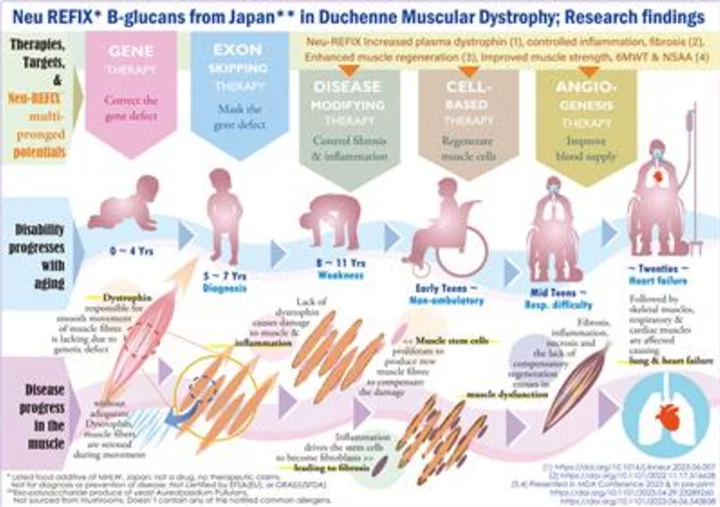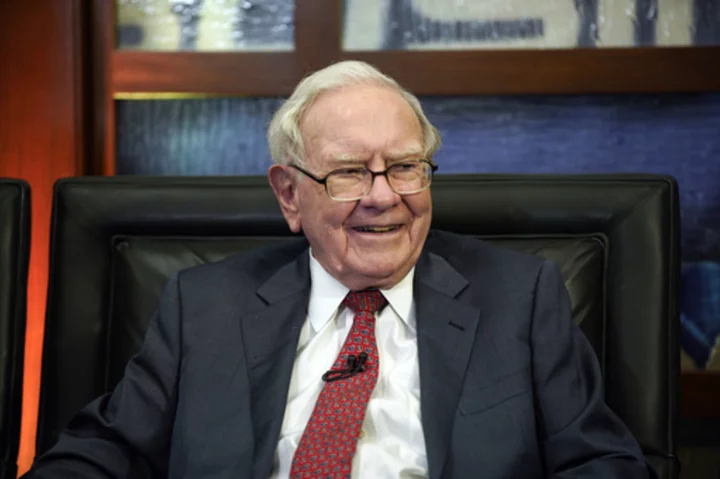US inflation may have remained elevated in July, but consumers just wanted to have some fun.
New Commerce Department data released Thursday showed that consumer spending jumped 0.8% last month as shoppers shelled out for restaurants, live shows, toys, games and recreational equipment.
The Personal Income and Outlays report for July also showed that the Federal Reserve's preferred inflation gauge remained high but grew at a monthly rate that's more in line with the central bank's 2% target.
The Personal Consumption Expenditures index showed that prices increased 0.2% on a monthly basis and 3.3% annually.
When stripping out the more volatile energy and food prices, the core PCE index showed prices increased 0.2% from the month before and 4.2% for the 12 months ended in July.
Economists were expecting monthly increases of 0.2% for the headline and core indexes and 3.3% and 4.2%, respectively, for the annual numbers.
The higher annual readings for the PCE indexes can be attributed to "base effects," or comparisons to a period last year when inflation was cooling down after soaring to 40-year highs. This was similarly seen in the Consumer Price Index report for July, which saw upticks in annual inflation rates but a more moderate 0.2% monthly gain that's more consistent with 2% annual inflation.
The 3.3% headline PCE inflation rate was largely expected after Federal Reserve Chair Jerome Powell noted the data point in his economic outlook speech in Jackson Hole, Wyoming, last week. Core inflation, he said, remains well above the Fed's 2% target.
"Getting inflation sustainably back down to 2% is expected to require a period of below-trend economic growth as well as some softening in labor market conditions," Powell said.
Healthy consumer, for now?
The latest data underscores how the US consumer remains resilient and continues to drive economic growth. Even when adjusted for inflation, spending surged in July, rising by 0.6% from the month before.
However, the foundation for that spending is showing some cracks. Personal incomes showed some weakness last month, growing only 0.2% from June, which is the smallest monthly gain since January 2022. Unadjusted disposable incomes were flat, and when taking inflation into account turned negative by 0.2%.
The personal saving rate sank to 3.5% in July from 4.3% the month before, pushing savings to their lowest level since October 2022.
This story is developing and will be updated.









